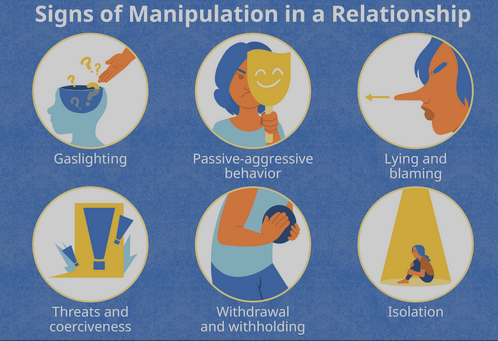Emotional marketing can be perceived both as a genuine connection-building strategy and as a form of manipulation, depending on how it is implemented and the intentions behind it. Here are key factors that influence whether emotional marketing is seen as manipulation or a genuine connection:

Genuine Connection:
Authenticity:
When brands authentically communicate their values, mission, and commitment to customers, it fosters a real connection.
Customer-Centric Approach:
Brands that prioritize understanding their customers and meeting their needs are more likely to establish genuine emotional connections. It involves empathy and a commitment to improving the customer’s experience.
Transparency:
Transparency about products, services, and business practices contributes to building trust. When brands are open and honest in their communications, customers are more likely to perceive emotional appeals as genuine.
Consistency:
Consistency in messaging and actions builds credibility. Brands that consistently deliver on their promises and maintain a coherent identity are seen as more trustworthy in their emotional appeals.
Customer Engagement:
Engaging with customers beyond transactional interactions fosters a sense of community. Brands that actively listen, respond, and involve customers in their journey can create a deeper emotional connection.
Purpose-Driven Marketing:
Aligning marketing efforts with a higher purpose or social responsibility can create a positive emotional connection. When consumers see brands contributing to societal well-being, it enhances the perceived authenticity of emotional appeals.
Long-Term Relationship Building:
Genuine emotional marketing aims to build long-term relationships with customers, understanding that loyalty is based on sustained emotional connections rather than short-term gains.
Manipulation:
Deceptive Practices:
If emotional marketing is used to manipulate customers through deceptive practices or false promises, it is likely to be perceived as manipulative. This includes creating emotional appeals without substantive actions to back them up.
Exploitative Tactics:
Exploiting customers’ emotions for profit without considering their well-being is manipulative. This can involve using fear, guilt, or other negative emotions solely to drive sales.
Short-Term Focus:
If emotional marketing is solely focused on short-term gains and does not contribute to building long-term relationships, customers may view it as manipulative and transactional.
In conclusion, the perception of emotional marketing as either a genuine connection or manipulation depends on the sincerity, transparency, and customer-centric approach of the brand. Conversely, manipulative practices that exploit emotions for short-term gains can erode trust and harm brand reputation. Brands that prioritize building authentic emotional connections are more likely to foster loyalty and long-term customer relationships.
